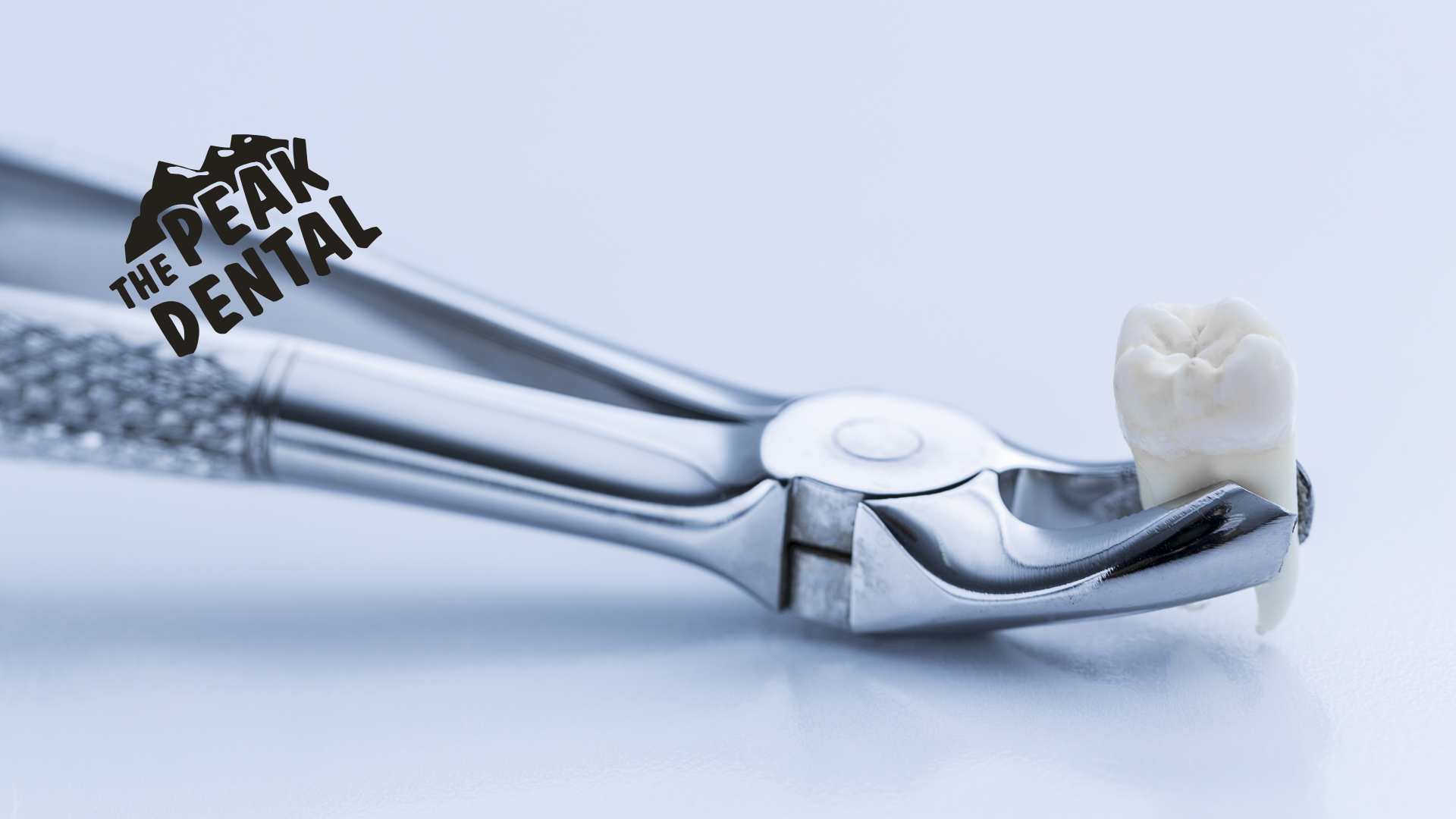How to Get Dental Implants Covered by Medical Insurance
Dental implants can be a life-changing solution for individuals with missing teeth, but navigating the process of getting them covered by medical insurance can be complex. Understanding the ins and outs of insurance coverage, qualifying criteria, and choosing the right provider are crucial steps in maximizing benefits for dental implants. This article will guide you through the key aspects of getting dental implants covered by medical insurance.
Key Takeaways
- Understanding the criteria for medical insurance coverage is essential for determining eligibility for dental implants.
- Researching in-network providers can help you maximize insurance benefits and reduce out-of-pocket costs for dental implants.
- Utilizing flexible spending accounts can be a valuable tool in covering expenses not fully covered by insurance for dental implants.
- Documenting and submitting the necessary paperwork is crucial in the pre-approval process for medical insurance coverage of dental implants.
- Appealing coverage denials can sometimes lead to successful outcomes, so it's important to explore this option if your claim is denied.
Understanding Dental Implants and Medical Insurance
What are Dental Implants?
Dental implants are a permanent solution for replacing missing teeth. They consist of a titanium post that is surgically inserted into the jawbone, acting as a root for the artificial tooth, or crown, that is mounted on top. Dental implants are designed to look, feel, and function like natural teeth, providing a durable and long-lasting alternative to dentures or bridges.
- Biocompatibility: Titanium is used because it is well-tolerated by the body, allowing the bone to grow around the implant, securing it in place.
- Prevention of Bone Loss: When a tooth is missing, the jawbone can deteriorate over time. Implants stimulate bone growth, maintaining jaw structure.
- Improved Functionality: Implants restore chewing ability and prevent teeth from shifting.
Dental implants can significantly improve the quality of life for individuals with missing teeth, offering benefits that go beyond aesthetics by contributing to overall oral health.

How Dental Implants Benefit Oral Health
Dental implants offer a myriad of benefits for oral health, acting as a comprehensive solution for missing teeth. Unlike dentures or bridges, implants provide a stable and permanent base for replacement teeth, which are designed to look, feel, and function like natural teeth.
- Implants prevent bone loss by stimulating bone growth, which is essential for maintaining the structure of the jaw and the shape of the face.
- They also improve bite force, allowing individuals to enjoy a wider range of foods, which can lead to better nutrition and overall health.
- Additionally, implants help to preserve the alignment of surrounding teeth, preventing them from shifting into the gap left by a missing tooth.
Dental implants not only enhance the aesthetic appearance of one's smile but also contribute significantly to the functionality and health of the mouth. By replacing missing teeth, they help maintain oral hygiene, as gaps can serve as breeding grounds for bacteria that cause decay and gum disease.
Medical Insurance Coverage for Dental Implants
Navigating the intricacies of medical insurance for dental implants can be challenging. Coverage for dental implants under medical insurance is not guaranteed and varies significantly between different insurance providers and plans. Typically, medical insurance may cover dental implants if they are deemed medically necessary, such as when they are part of the reconstruction after an injury or due to a congenital anomaly.
It's essential to understand the specific terms and conditions of your insurance policy regarding dental implants.
Here are some steps to determine if your dental implants might be covered:
- Review your insurance policy's fine print for any mention of dental implants.
- Contact your insurance provider to inquire about coverage for dental implants.
- Ask about the criteria for medical necessity and what documentation is required.
- Determine if there are any preferred providers or networks that you should consider for your procedure.
Qualifying for Medical Insurance Coverage
Criteria for Coverage
To qualify for medical insurance coverage for dental implants, there are specific criteria that must be met. Insurance companies often require a clear medical necessity for the procedure, which can include conditions such as tooth loss due to an accident, certain diseases, or congenital absence of teeth.
- The patient's overall oral health must be assessed to ensure suitability for implants.
- A detailed treatment plan from a dental professional is typically required.
- The patient may need to demonstrate that alternative treatments are not viable or have been unsuccessful.
It is crucial to understand your insurance policy's specific requirements, as these can vary significantly between providers and plans. Meeting the criteria does not guarantee coverage, but it is the essential first step in the process.
Documentation Required
Securing medical insurance coverage for dental implants necessitates meticulous documentation. Gather all pertinent medical records that substantiate the necessity of the procedure, including any history of oral health issues and treatments.
- A detailed treatment plan from your dentist or oral surgeon
- X-rays or other imaging that supports the need for implants
- A letter of medical necessity from your healthcare provider
- An itemized cost estimate for the procedure
Ensure that all documents are current and accurately reflect your medical condition and the proposed treatment plan. Incomplete or outdated information can lead to delays or denials in coverage.
After assembling the required documents, review them carefully to ensure they meet the insurer's specifications. Submit the complete package to your insurance company and await their pre-approval before proceeding with the dental implant procedure.
Navigating the Pre-Approval Process
Successfully navigating the pre-approval process for dental implants is crucial in ensuring that your medical insurance will cover the costs. Begin by thoroughly reviewing your insurance policy to understand the specific requirements for pre-approval. This may include a detailed treatment plan from your dentist or oral surgeon, along with a clear medical necessity statement.
- Contact your insurance provider to obtain the necessary pre-approval forms.
- Submit the completed forms along with any required documentation, such as x-rays or a letter from your dentist.
- Follow up with your insurance company regularly to check the status of your pre-approval request.
Remember, persistence is key. Pre-approval can be a lengthy process, and you may need to provide additional information or clarification. Stay proactive and maintain open communication with both your insurance provider and dental care provider to streamline the process.
Choosing the Right Dental Implant Provider
Researching In-Network Providers
When seeking dental implant procedures, it's crucial to start by researching in-network providers to ensure you receive the maximum benefits from your medical insurance. In-network providers have agreements with your insurance company to provide services at a discounted rate, which can significantly reduce out-of-pocket expenses.
- Verify the provider's network status by checking your insurance company's online directory or calling customer service.
- Consider the geographical location and availability of the providers to find a convenient option.
- Look for specialists in dental implants to ensure high-quality care.
Choosing an in-network provider is not only cost-effective but also simplifies the claims process, as they are typically well-versed in dealing with insurance protocols.
Evaluating Provider Experience
When considering dental implant providers, the experience is a critical factor that can significantly influence the success of the procedure. Look for specialists who have a proven track record in implant dentistry, as this can provide assurance of their expertise and reliability.
- Check the provider's educational background and certifications.
- Inquire about the number of implant procedures they have performed.
- Ask for before-and-after photos of previous patients.
It's essential to choose a provider who not only has extensive experience but also stays updated with the latest advancements in dental implant technology. This commitment to ongoing education can be a strong indicator of a provider's dedication to delivering the best possible care.
Remember, experienced providers are likely to have encountered a variety of cases, which means they're better equipped to handle any complications that may arise during your treatment.
Considering Patient Reviews
When selecting a dental implant provider, patient reviews can offer invaluable insights into the quality of care and patient satisfaction. Reviews can highlight a provider's strengths and weaknesses, giving you a clearer picture of what to expect.
- Look for patterns in feedback, such as comments on bedside manner, office environment, or success of the procedures.
- Consider the recency and relevance of reviews to ensure they reflect the current state of the practice.
- Take note of how the provider responds to both positive and negative reviews, as this can indicate their level of patient care and communication.
Remember, while patient reviews are helpful, they should be one of many factors considered in your decision-making process. Personal consultations and professional referrals can also provide crucial information when choosing the right provider for your dental implant needs.
Maximizing Insurance Benefits for Dental Implants
Understanding Coverage Limits
When seeking dental implant coverage, it's crucial to understand the specific limits of your medical insurance policy. Coverage limits can vary widely, and knowing these can help you plan financially for the portion of costs you'll be responsible for.
- Review your policy's annual maximum benefit, which is the most your insurance will pay in a given year.
- Check if there are lifetime maximums that apply specifically to dental implants.
- Understand the percentage of the cost your insurance will cover, as this can range from basic to major restorative procedures.
It's important to remember that even if dental implants are covered, you may still encounter out-of-pocket expenses due to coverage limits. Planning for these expenses in advance can alleviate financial stress later on.
Utilizing Flexible Spending Accounts
Flexible Spending Accounts (FSAs) can be a strategic way to manage out-of-pocket expenses for dental implants. Contributions to an FSA are made with pre-tax dollars, which can result in significant savings on medical procedures not fully covered by insurance.
- Determine your annual dental care expenses, including the cost of implants.
- Allocate sufficient funds to your FSA during the enrollment period.
- Keep track of all receipts and documentation for reimbursement.
By carefully planning your FSA contributions, you can effectively lower the overall cost of your dental implants. Remember that FSA funds are use-it-or-lose-it, so it's crucial to plan accordingly and avoid contributing more than you expect to spend within the plan year.
Appealing Coverage Denials
If your medical insurance denies coverage for dental implants, do not lose hope. An appeal can often overturn the initial decision. Start by carefully reviewing the denial letter to understand the reasons for rejection.
- Step 1: Gather all relevant medical records and any additional evidence that supports the necessity of the implants.
- Step 2: Obtain a detailed written statement from your dentist or oral surgeon outlining the medical necessity of the procedure.
- Step 3: Submit a formal written appeal to your insurance company, including all supporting documents.
- Step 4: Follow up regularly and be prepared to provide further information if requested.
Remember, persistence is key when appealing a coverage denial. Insurance companies may require additional information or clarification before reversing a decision. Stay organized and proactive throughout the appeal process.
Frequently Asked Questions











